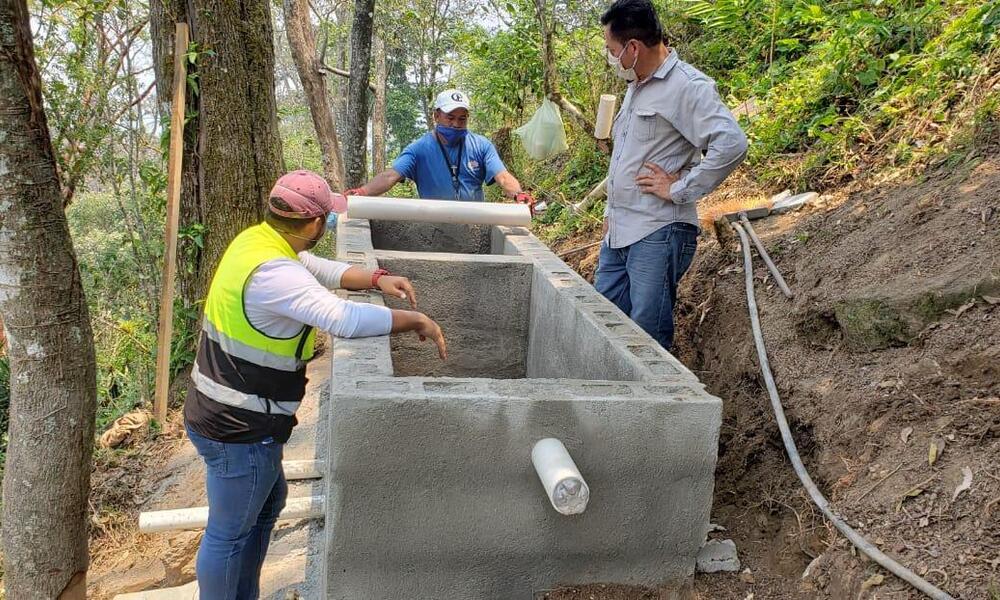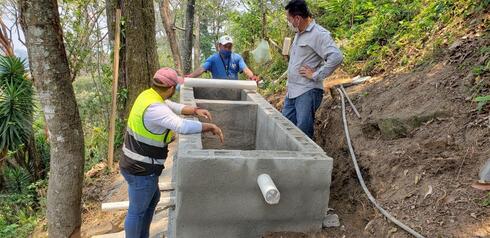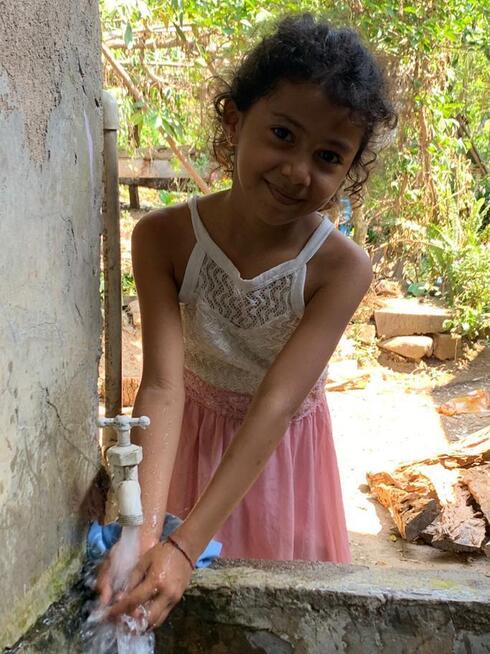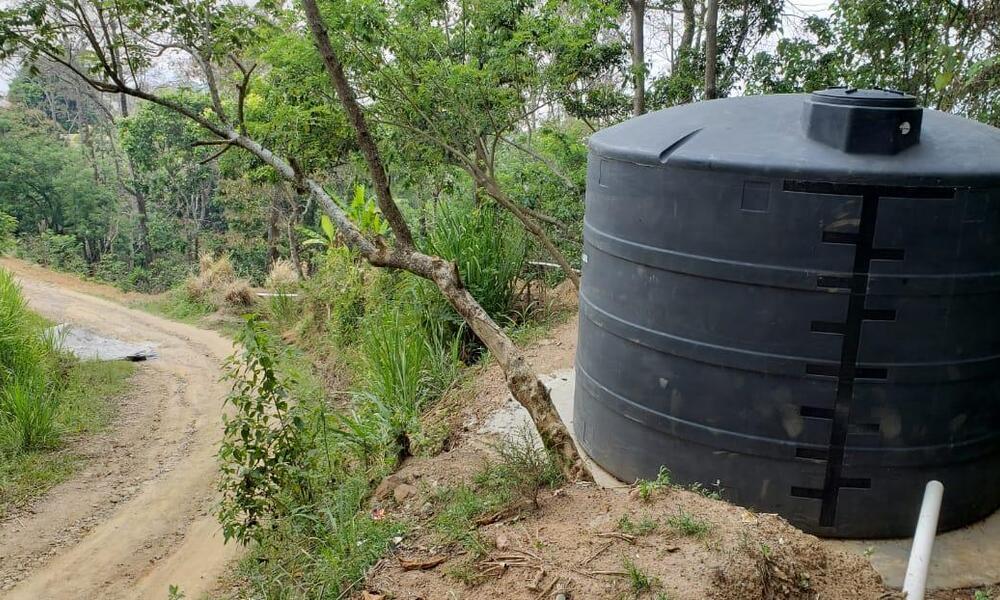Due to the pandemic, the project was initially put on hold for a month. However, after these 30 days the leaders of both communities wrote to WWF requesting to continue with the work.
Knowing how vital water access was for these communities, WWF agreed to resume activities under strict bio-security protocols for all project workers. WWF provided sanitizing materials, safety equipment, and training; strict social distancing measures were also provided to community representatives to reduce risks associated with the spread of COVID-19.
The completed project provided efficient drinking water systems, built to last in the long term, and will benefit 400 people from more than 100 households between the two communities.
Water access projects like this one have previously been conducted by WWF-Mesoamerica in Honduras, Guatemala, and Belize with the support of TCCF. Through this work we engage communities in watershed conservation and create an understanding of the link between conservation and the positive impact it can have on water quantity and quality in the long term. The communities are now fully involved in conserving the ecosystem upon which they depend. This latest project is further proof that, even in the face of adversity, working together can benefit the health of both people and planet.



